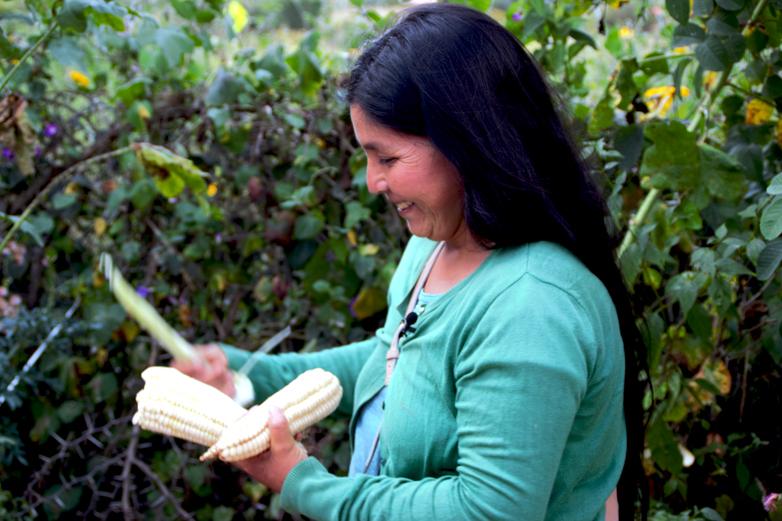Context
Bolivia’s rural population is severely affected by climate change: droughts, heavy rainfall and cold spells lead to crop losses, especially in the Andean valleys. Pesticide contamination, water shortages and infertile soil make the situation worse. Family farms must therefore make more use of the diversity of local crop varieties and gain access to markets for organic food.
Objective
The relevant actors in the agricultural and food system have developed rural areas by applying agroecological and climate-adapted approaches.

